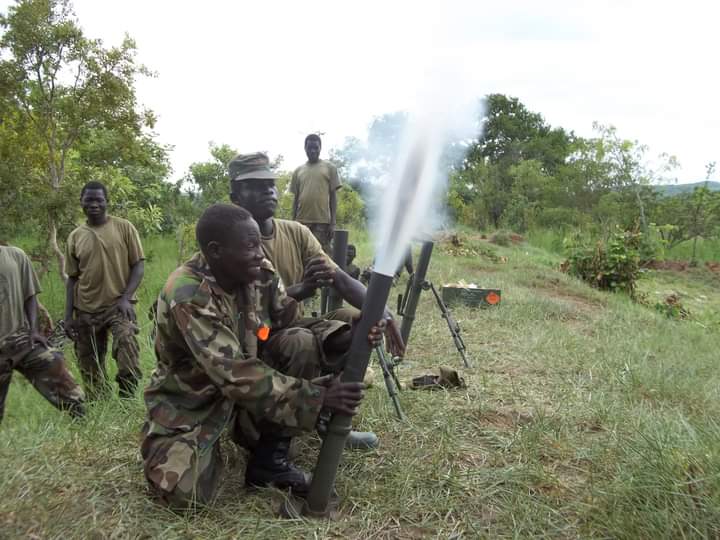Global Issues
The Impact Of The Russian Invasion Of Ukraine On African Armed Forces -By Eeben Barlow
Unless African armed forces start looking at developing their own defence industries to counter current and predicted threats, they will become willing victims of the fallout of the Russian invasion of Ukraine.

For several years now, I have been warning African military forces about what I consider to be future defence and security problems, the failure to adapt doctrines and make doctrinal adjustments, the importance of informational dominance, and the folly of neglecting technology as a force multiplier.
Unfortunately, these warnings were never taken very seriously.
The invasion of Ukraine by the Russian Armed Forces in February 2022 will present Africa with numerous challenges and problems. These will not only effect daily necessities but will also have an enormous future knock-on effect African armed forces will have to contend with.
Given the huge amounts of ammunition and equipment the Russians committed to the Ukrainian front, along with the fierce resistance offered by the Ukrainian Armed Forces, equipment losses have been staggering. These losses will need to be replaced by both countries when the war is finally over.
Whereas NATO-supplied equipment has been able to exploit the vulnerabilities of Russian equipment, especially insofar as anti-armour weapon systems are concerned, it is noticeable that the Russian forces apparently have no effective counter.
The war has also highlighted many innovations and how an opposing force can be attacked. The deployment of weaponised commercial drones is one example.
Equally, gaining informational dominance is critical if one needs to shape perceptions, influence public opinion, and gain the moral high ground.
These are important lessons to take note of.
However, what ought to be of concern to African armed forces is the fact that both countries have already delved into their first-line reserve and second-line equipment. In addition, the military industries of both countries have suffered setbacks ranging from the destruction of factories to the acquiring of microchips and other high-tech elements, materials, and parts.
To rebuild their respective military industries, replace equipment losses, replenish ammunition stocks, as well as reequip their atrophied armed forces is going to take years, and at great cost.
The armed forces of many African states are equipped with Soviet-era or more recent Russian and Ukrainian equipment. Not only has the invasion highlighted the vulnerabilities of especially the older Russian equipment, it has also highlighted the folly of what appears to be Russian doctrinal stagnation.
It will become increasingly problematic for African armies to acquire ammunition and spares for this equipment, or to maintain it in good combat order. But the armed challengers and AGFs will experience the same problems.
Unless African armed forces start looking at developing their own defence industries to counter current and predicted threats, they will become willing victims of the fallout of the Russian invasion of Ukraine.


















